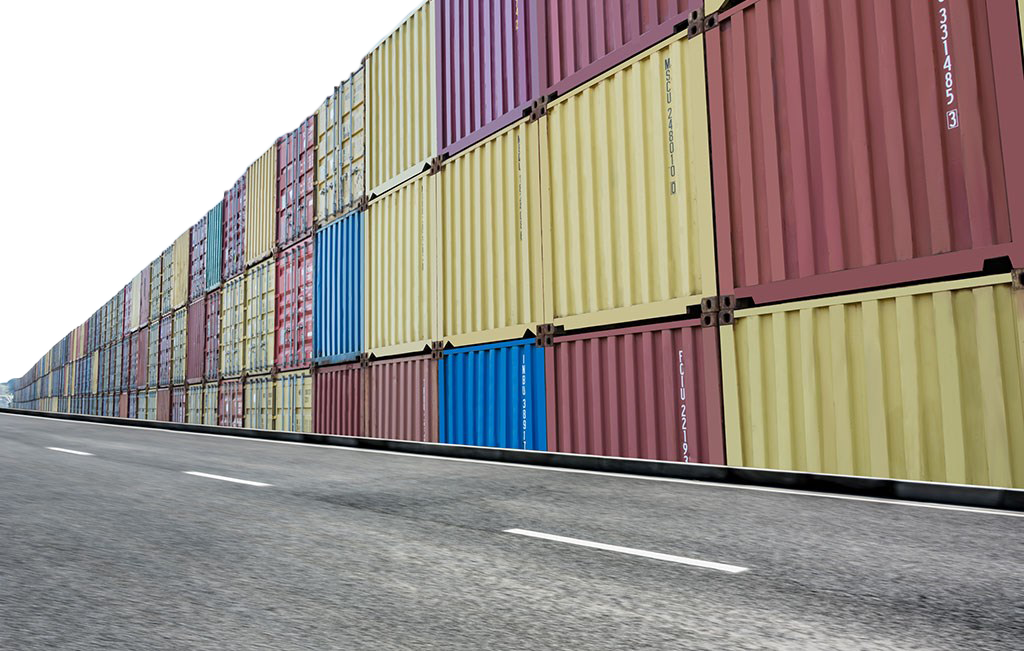Shipping Fire Doors from Guangzhou/Shenzhen to Accra Port, Ghana
Shipping Methods: FCL vs. LCL
Full Container Load (FCL)
For large shipments of fire doors, shipping via Full Container Load (FCL) is often the most efficient option. In this case, you can ship an entire 20-foot or 40-foot container from Guangzhou or Shenzhen to Accra Port. The shipping route usually takes about 34 days at sea. FCL shipping offers a number of advantages, such as:
- Dedicated Container: Your goods are the only cargo in the container, reducing the risk of damage or delays.
- Cost-Effective for Large Shipments: For large quantities, FCL shipping can be more cost-efficient compared to LCL.
- Faster Transit: FCL shipments typically have fewer stops, which can result in quicker delivery.
Less than Container Load (LCL)
If you have a smaller shipment, LCL is another viable option. LCL allows you to share a container with other shipments, which is more economical for smaller loads. While it takes slightly longer than FCL due to the need for consolidation and deconsolidation of cargo, LCL is a cost-effective solution for smaller quantities of fire doors.
Sea Freight Route and Transit Time
The sea freight journey from Guangzhou or Shenzhen to Accra Port typically takes around 34 days, depending on the specific shipping route and any potential delays. The journey typically involves passing through major transshipment hubs such as Singapore or Dubai before reaching West Africa.

Packaging of Fire Doors for Shipment
Proper packaging is essential to ensure that your fire doors arrive safely and in good condition. Here’s how to package fire doors for sea freight:
Wooden Crates or Pallets:
- Fire doors are heavy and need to be securely packed to prevent damage during transit. They should be placed in sturdy wooden crates or on pallets.
- Wooden crates protect the doors from external impacts and potential weather conditions during the shipment. The crates should be sealed tightly to prevent water ingress.
Protective Layering:
- A protective plastic film or shrink wrap should be used to cover each fire door to protect against moisture and dust.
- Fire doors should be placed with sufficient padding, such as foam sheets or bubble wrap, to prevent scratches or dents during handling.
Marking and Labeling:
- Clear shipping labels should be attached to each crate or pallet, including details such as the consignee’s address, item description, and handling instructions (e.g., “Fragile” or “Heavy”).
- In addition, you should also clearly label the container with the “Dangerous Goods” sign if the fire doors contain any hazardous materials (e.g., special coatings or adhesives).
Securing Cargo:
- Ensure that the fire doors are properly secured inside the container using straps or other securing devices to prevent movement during the transit.
- LCL shipments require additional care to ensure that the cargo is properly consolidated with other goods in the container, and once the goods are packed, they should be sealed and ready for transport.
CIF (Cost, Insurance, and Freight) Terms
When shipping fire doors under CIF (Cost, Insurance, and Freight) terms, the seller is responsible for covering the costs of transporting the goods to Accra Port, including the cost of shipping, insurance, and handling until the goods reach the port. Once the shipment arrives at the port, the buyer is responsible for customs clearance and any further transportation costs within Ghana.
Customs and Delivery to Accra City Limits
Upon arrival at Accra Port, the cargo will undergo customs clearance. The shipping documents, including the commercial invoice, bill of lading, and packing list, will be required for processing. After clearing customs, the goods can be delivered to the buyer’s address in the Accra City Limits.



